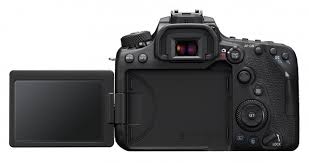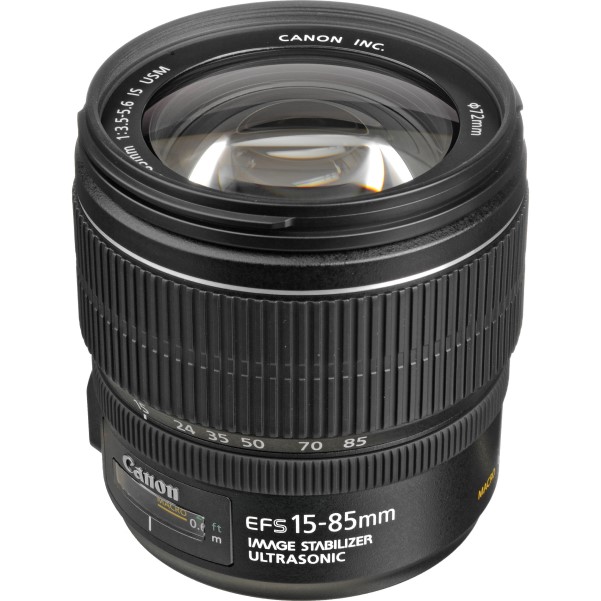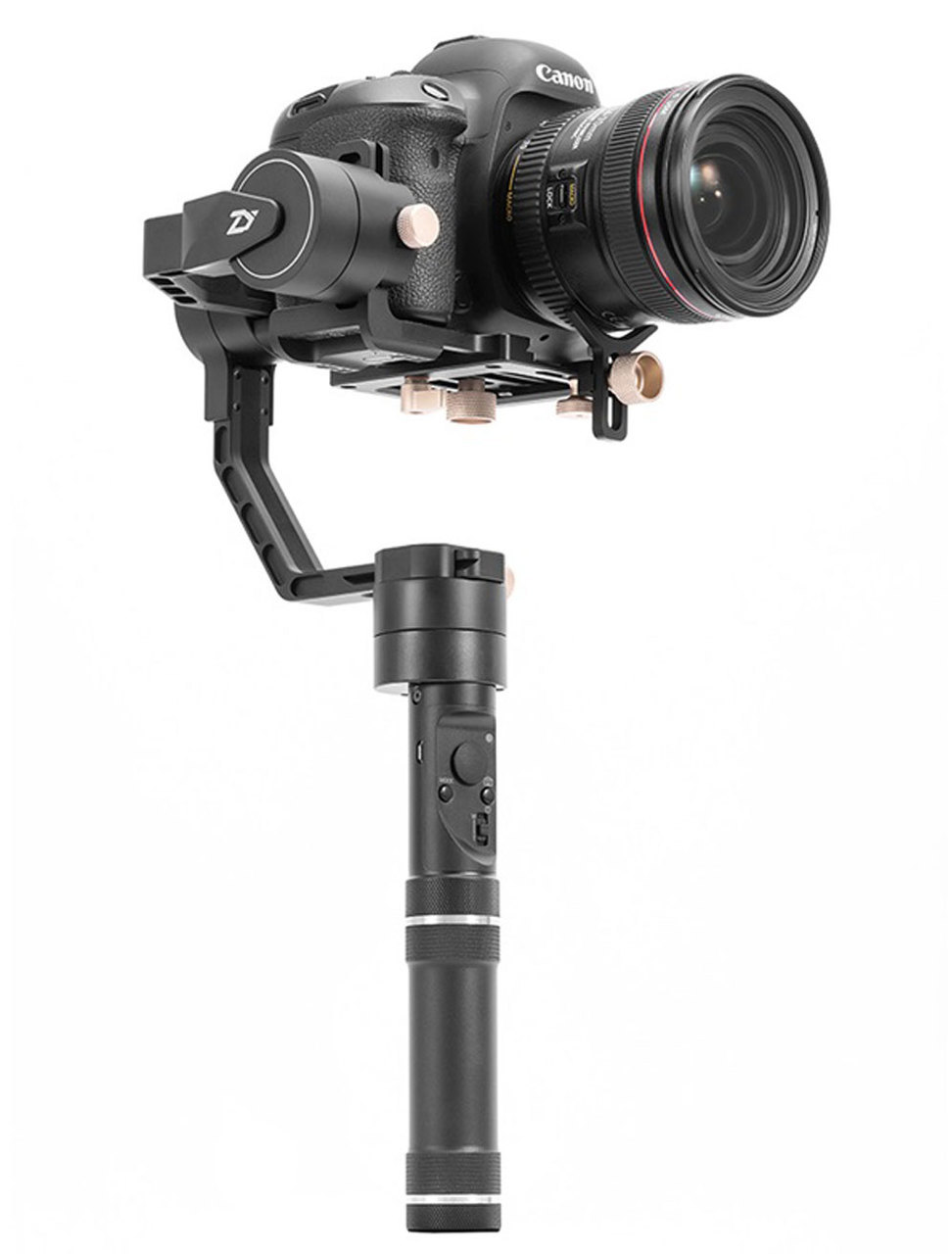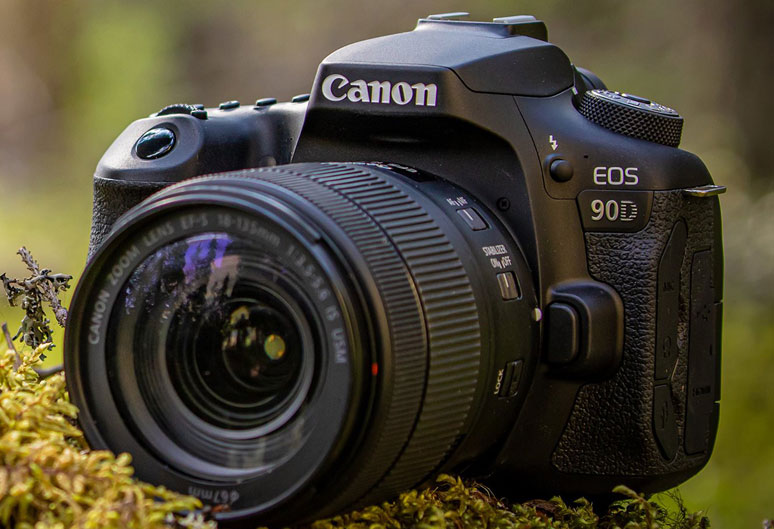Thinking of starting a YouTube channel, or sharing videos of your exploits on Facebook, Instagram or another social media platform? Then you’ll want to pick up one of the best cameras for vloggers.

Welcome to the latest instalment of our kit for vlogging series, where we take a look at some of the best cameras out there for vlogging and other similar video applications.
Today we’re taking a look at a very recent DSLR – the Canon EOS 90D. This APS-C DSLR was announced in August of 2019, sitting firmly in the mid-range of Canon’s line-up with a pleasing balance of price and performance. Refreshing and updating the popular EOS 80D, the Canon EOS 90D is built around a 32.5MP CMOS sensor that’s APS-C sized. So why is it so great for vlogging – and why should you care?
Whether you’ve already started a vlogging journey or are casually interested in trying it out, there’s a lot to be said for it. Vlogging is a great way to add a string to your professional bhow, or to just have fun in a slightly different medium. Whether you want to document your travels, show off your rigs or find a new outlet for your creativity, vlogging has lots to recommend it, and given that so many stills cameras like the EOS 90D are so well-optimised for video, it also doesn’t require you to invest in a lot of new, specialised equipment.
Previously in this series we’ve covered the Nikon D7500, the Fujifilm X-T2 and the Sony A6500, all of which are amazing cameras and superb vlogging tools. So what makes the Canon EOS 90D worth your time for vlogging?
Let’s dig into its feature-set and find out for ourselves…
Why the Canon EOS 90D is a great choice for vloggers
Canon has received some stick from videographers in the past for the vicious crop modes afflicting its cameras’ 4K video capabilities, using only a portion of the sensor to deliver 4K video. Not so with the EOS 90D, which shoots uncropped 4K using the full width of its sensor. When you combine this with Canon’s sophisticated Dual Pixel AF autofocus system, you have a seriously capable 4K video setup for a pretty amazing price.
The Dual Pixel AF acquits itself really well in video, with points covering nearly 100% of the vertical frame and 88% of the horizontal and giving you more than 5,000 points to choose from. The “sticky” video autofocus can also make use of face-detection and eye-detection, which is especially handy for vlogging when the subject you’ll most often be shooting will likely be… yourself. Rolling shutter effect is nicely controlled for, and if you don’t want to shoot in 4K, the 1080p capture looks great as well. The camera also gains some useful videography features like focus peaking, though is missing the flat Log gamma profile. It’s not quite a professional video tool, but for vlogging, it’ll more than get the job done
This is borne out by the ergonomics, a lot of which are eminently vlogger-friendly. The touchscreen is a fully articulating model, allowing you to turn it around to face yourself and compose your self-shots with ease. The EOS 90D also includes a headphone port and a microphone port – mandatory on any camera aspiring to be taken seriously as a vlogging tool, as being able to record high-quality sound (and monitor it) is critical for creating video with a professional feel. It’s not too heavy for a DSLR, weighing in at about 700g body-only. This is acceptable for hand-held shooting, though you probably wouldn’t want to be lifting it all day.
The EOS 90D isn’t an entirely perfect choice. The lack of in-body Image Stabilisation necessitates either buying a stabilising rig (bumping up your costs) or relying on digital stabilisation (and cropping your footage). However, for its price it’s a fantastic tool and can absolutely be relied upon to get the job done in an exemplary fashion.

An ideal vlogging setup with the Canon EOS 90D
Fancy trying out some vlogging with the Canon EOS 90D? It’s worth investing a little time (and, yes, cash) into crafting the perfect setup that will help you to get the most out of this capable camera. We’ve put together a list to help you get started, including the various accessories we reckon will make your vlogging run much more smoothly and lead to professional results.
Here’s what we think you’ll need:
– A good-quality APS-C lens. As the Canon EOS 90D has a smaller sensor, some lenses will behave differently than they would on a full-frame DSLR, so make sure you know what you’re getting into before you buy. We’d recommend picking up a good standard zoom for APS-C – something like the Canon EF-S 15-85mm f/3.5-5.6 IS USM should cover you for most eventualities.

– A high-quality microphone. We recommend this in all our vlogging blogs – the EOS 90D has a mic port, so take advantage of it! The RØDE VideoMic is an excellent choice at a solid price.
– A stabilising gimbal. The EOS 90D lack in-body stabilisation, as mentioned, so we’d recommend giving it a little help with a gimbal. Some like the Zhiyun Crane Plus is a good choice – this stabilising gimbal can hold up to 2.5kg of kit, so is easily strong enough for the EOS 90D and a lens.
– A fast, high-capacity memory card. The EOS 90D only has one card slot, so make the most of it. We recommend the SanDisk Extreme Pro range, and getting as high-capacity a card as you can afford.
– A strong tripod. Manfrotto’s 500 video tripod system will serve you well and provide a stable shooting platform in all situations.
– Monitoring headphones. Again, it’s got the port, so use it!
– A videolight. Take a look at the Rotolight Neo range for some of the best video lights in the business.
Thank you for reading! Let us know if you have any questions about the EOS 90D or vlogging in general, and we’ll see you next time!


